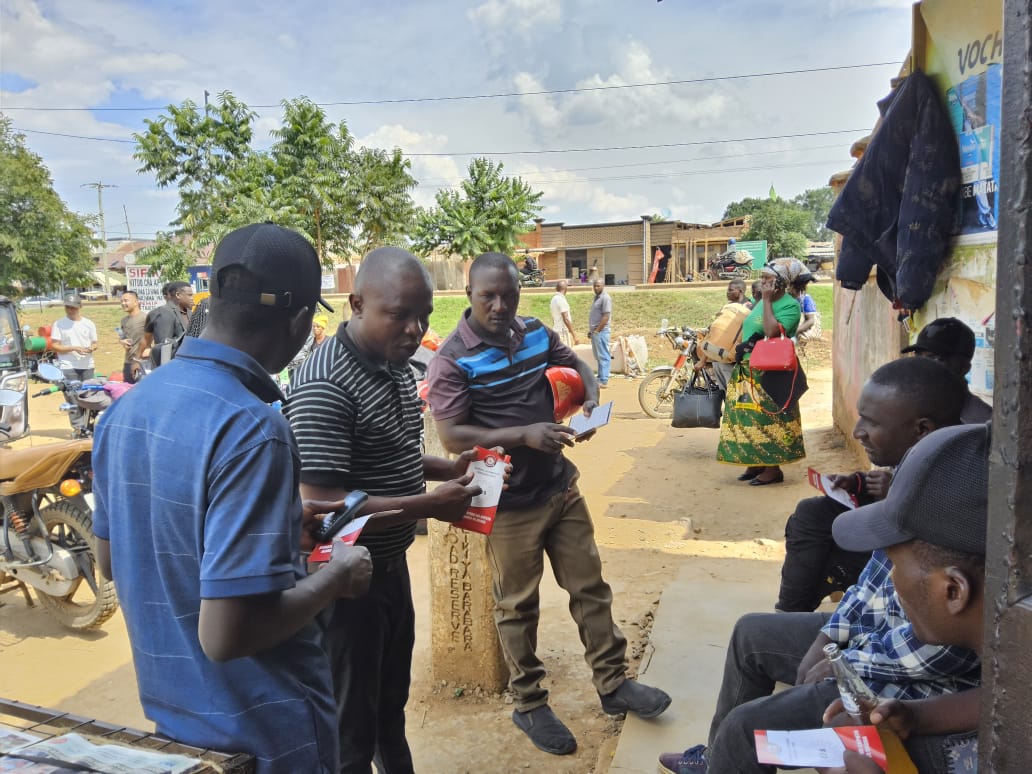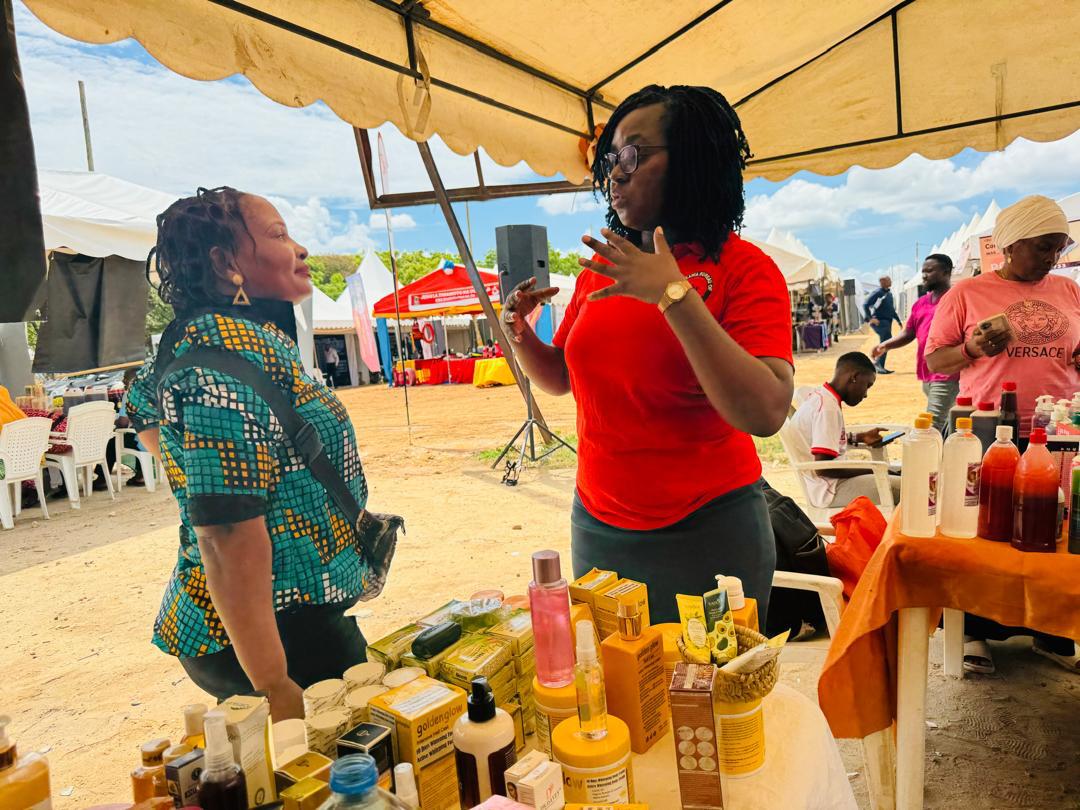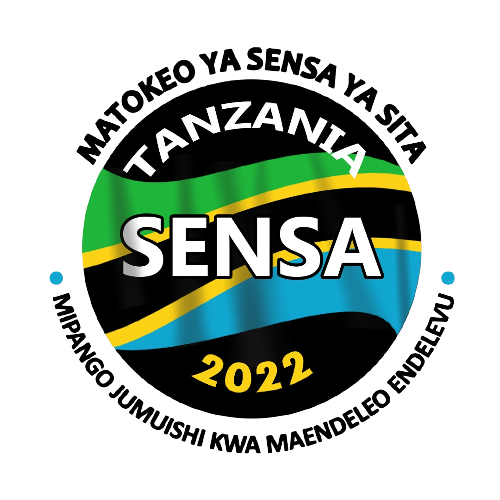Technical Committees
Tanzania Standards are developed through Technical Committees. To date, there are nine (9) supervisory committees commonly known as Divisional (Standards) Committees. The supervisory committees comprise of about 12 members each. Members are drawn from a cross-section of stakeholders that include the government, academia & research, manufacturers, distributors and consumers.
Under each Divisional Committee there exists Technical Committees of up to eight members which are committees of experts from a cross-section of stakeholders. In some cases, the Technical Committee may form Working Groups of about 3-4 experts that prepare the preliminary drafts. The chairpersons of all the committees are normally drawn from neutral bodies like the universities, or from the government and especially the relevant ministry. Secretaries are drawn from TBS.
Agriculture and Food Divisional Standards Committee (AFDC)
This Divisional Standards Committee is responsible for the development of standards covering food technologies, food safety, fertilizers, agricultural produce, livestock and livestock products, poultry and poultry products, etc.
The committee oversee the activities of six (6) Technical Committees formulating standards in Agriculture and Food sectors.
- 1.AFDC 1 - Food hygiene and safety Management
- 2.AFDC 2/SC2 - Labelling, packing and packaging
- 3.AFDC 3 - General sampling and test methods
- 4.AFDC 4 - Fats and oils
- 5.AFDC 5/ SC5 - Foods additives
- 6.AFDC 6 – Nutrition and foods for special dietary uses
- 7.AFDC 7 – Spices, culinary herbs and condiments
- 8.AFDC 8 - Microbiological (ISO Alignment)
- 9.AFDC 9 - Animal feeding stuffs
- 10. AFDC 10 - Fertilizer and soil conditioners
- 11. AFDC 11 - Biotechnology
- 12. AFDC 12 - Processed fruits and vegetables
- 13. AFDC 13 – Alcoholic and non-alcoholic beverages
- 14. AFDC 14 - Milk and milk products
- 15. AFDC 15 - Bakery and confectioneries
- 16. AFDC 16 – Cereal, pulses and legumes
- 17. AFDC 17 – Sugar and Honey
- 18. AFDC 18 - Tea
- 19. AFDC 19 - Oleaginous seeds
- 20. AFDC 20 - Tobacco and its products
- 21. AFDC 21 – Non-grainy starchy staples
- 22. AFDC 22 – Meat, poultry, eggs and their products
- 23. AFDC 23 - Fish and fish products
- 24. AFDC 24 - Coffee and its products
- 25. AFDC 25 /SC25- Sensory Evaluation
- 26. AFDC 26 - Fresh fruits and vegetable products
- 27. AFDC 27 - Residues of veterinary drugs in foods
- 28. AFDC 28 – Organically produced foods
- 29. AFDC 29 – Cocoa and Cocoa products
- 30. AFDC 30 – Seed propagation
Chemical and Medical Devices Divisional Standards Committee (CDMC)
This Divisional Standards Committee is responsible for the development of standards covering soaps, detergents, paints, pesticides, stationery and related equipment and all products based on chemical formulation, pharmaceuticals and medical devices etc.
The committee oversee the activities of 20 Technical Committees formulating standards in chemical and medical devices fields.
- 1.CDMC 1 - Toothpaste
- 2.CDMC 2 - Soap and detergents
- 3.CDMC 3 - Cosmetics and Related Products
- 4.CDMC 4 - Safety matches and Pyrotechnics
- 5.CDMC 5 - Glass products
- 6.CDMC 6 - Water quality
- 7.CDMC 7 - Industrial and laboratory chemicals
- 8.CDMC 8 - Domestic insecticides
- 9.CDMC 9 - Gases
- 10. CDMC 10 - Stationery and paper products
- 11. CDMC 11 – Plastic and Plastic products
- 12. CDMC 13 - Paints and varnishes
- 13. CDMC 14 - Rubber and rubber products
- 14. CDMC 15 - Petroleum and petroleum products
- 15. CDMC 16 - Pharmaceuticals
- 16. CDMC 17 - Lubricants and oils products
- 17. CDMC 18 – Housekeeping, Entertainment and Sports Equipment
- 18. CDMC 19 – Bioenergy
- 19. CDMC 20 – Traditional Medicine
- 20. CDMC 21 - Medical Devices
General Standards Divisional Committee (GDC)
This Divisional Standards Committee is responsible with the development of standards for cross cutting issues both in engineering and process technologies and in the services industry such as tourism, hotels, transport, education, social activities, etc. These standards are aimed at addressing the evolving needs in the service sector and represent a growth area.
The committee oversees the activities of eight (8) Technical Committees formulating standards in general standards emerging from cross cutting issues in engineering and process technology.
- 1.GDC 1 - Quantities, units, symbols and conversion factors
- 2.GDC 2 - Sieves, sieving and other sizing methods – Building and construction
- 3.GDC 3 – Quality management and quality assurance
- 4.GDC 4 - Packaging
- 5.GDC 5 - Documentation
- 6.GDC 6 –Social Responsibility
- 7.GDC 7- Societal Security
- 8.GDC 8 – Tourism and Related services
Electro-technical Divisional Standards Committee (EDC)
This Divisional Standards Committee develops Standards in the field of electrical power generation, transmission, distribution and utilization equipment; and insulating materials, winding wires, measuring and process control instruments and primary and secondary batteries. It is also standardization in the field of electronics and telecommunications including Information and Communication Technology (ICT) sector.
The committee oversees the activities of six (6) Technical Committees formulating standards in Electrical, Electronics and communication sub-sectors.
- 1.EDC 1 - Electrical equipment
- 2.EDC 2 – Extra Low Voltage and Energy Storages
- 3.EDC 3 - Electrical installations
- 4.EDC 4 – Alarm and Electronic Security Systems
- 5.EDC 5 – Renewable Energy
- 6.EDC 6- Communication Equipment
Mining and Minerals Standards
This Divisional Standards Committee develops standards in terminologies, sampling methods, test methods, code of practices, classifications and specifications for goods and services involved in minerals exploration, extraction and processing.
The committee oversees the activities of nine (9) Technical Committees formulating standards in mining and minerals sector.
- 1.MMDC1 - Exploration
- 2.MMDC2 – Mine planning, operations and services
- 3.MMDC3 – Solid mineral fuels and related products
- 4.MMDC 4 – Mining and earth moving equipment
- 5.MMDC 5 – Advanced automated mining systems
- 6.MMDC 6 -Ores and concentrates
- 7.MMDC 7 - Jewellery, lapidary, gemstones and precious metals technical committee
- 8.MMDC 8 – Rare earth elements
- 9.MMDC 9 – Minerals processing and equipment
Textile and Leather Divisional Standards Committee (TDC)
This Divisional Standards Committee develops standards in fibres, yarns, threads, cords, rope, cloths and other fabricated textile materials, raw hides and skins, tanned hides and skins, finished leather, leather products, methods of test and related terminology and definitions.
The committee oversees standardization activities of 12 Technical Committee formulating standards in Textile and Leather sector.
- 1.TDC 1 – Flag
- 2.TDC 2 - Apparel
- 3.TDC3 - Household textiles
- 4.TDC 4 - Labelling (Designation)
- 5.TDC 5 - Sampling procedure and test methods
- 6.TDC 6 - Fabric - fire resistant and retardant
- 7.TDC 7 - Fibres - cotton
- 8.TDC 8 - Yarns and twines
- 9.TDC 9 - Hospital textiles
- 10. TDC 10 - Mechanical contraceptives
- 11. TDC 11 - Leather and leather products
- 12. TDC 12 – Technical Textiles
Mechanical and Metallurgy Engineering Divisional Standards Committee (MMEDC)
This Divisional Standards Committee develops standards in the field of mechanical engineering including mining, boilers, pressure vessels, refrigeration and air conditioning, material handling, agricultural machineries, chemical engineering and other general engineering such as compressors, gas cylinders, oil and gas burners, water well drilling, pump sets, educational instruments and equipment. Also the Committee develops standards in the field of metallurgy and metallurgical engineering including ferrous and non-ferrous metals, alloys and their products, ores and minerals, foundry, refractories, powder metallurgy, heat-treatment, corrosion protection, metallic and non-metallic coatings (excluding paints, pigments, and enameling) and welding.
The committee oversees the activities of eight (8) Technical Committees formulating standards in mechanical and metallurgy industry.
- 1.MMEDC 1 - Basic standards
- 2.MMEDC 2 - Metals and structures
- 3.MMEDC 4 –Pipes and pipe fittings
- 4.MMEDC 9 - Automotive components
- 5.MMEDC 10 - Farm implements and Agricultural Equipment
- 6.MMEDC 11 – Pumps and Flow measurement
- 7.MMEDC 12 – Charcoal and Cooking Stove
- 8.MMEDC 13 - Fire and fire fighting
Environmental Management Divisional Standards Committee (EMDC)
This Divisional Standards Committee develops standards in the field of environment and occupational health and safety, sewerage and non-sewage sanitation and wastewater treatment.
The committee oversees the activities of eight (8) Technical Committees formulating standards in environment management field.
- 1.EMDC 1 - Waste water
- 2.EMDC 2 - Air quality
- 3.EMDC 3 - Soil/land Quality
- 4.EMDC 4 - Environmental management
- 5.EMDC 5 - Noise and vibration
- 6.EMDC 6 - Radiation
- 7.EMDC 7 - Forestry
- 8.EMDC 8 – Solid Waste
Building and Civil Engineering Divisional Standards Committee (BCEDC)
This Divisional Standards Committee develops standards in the field of civil engineering including structural engineering, building materials and components; planning, design, construction and maintenance of structures; construction practices and safety in building. Also the Committee develops standards of round, sawn and processed timber, and timber materials in and for use in all applications including terminology, specifications and test methods.Standardization on structural applications of timber, wood based panels, other wood based products, and the related lignocellulosic fibrous materials is also performed under this Committee.
The committee oversees the activities of 13 Technical Committees formulating standards in civil engineering, building and construction industry.
- 1.BCEDC 1 – Aggregates, Sand and Concrete
- 2.BCEDC 2 - Masonry
- 3.BCEDC 3 – Building and structural codes
- 4.BCEDC 4 - Cement, lime and clay Products
- 5.BCEDC 5 - Roads
- 6.BCEDC 6 - Sawn timber, Sawn logs and wood based components
- 7.BCEDC 7 – Sanitation structures and sanitary appliances
- 8.BCEDC 9 - Roofing materials and finishes
- 9.BCEDC 10 – Bridges and Drainage Structures
- 10. BCEDC 12 - Timber structures
- 11. BCEDC 13 – Foundation and Soils for civil Engineering Purposes
- 12. BCEDC 14 - Building and civil engineering general
- 13. BCEDC 15 – Doors and windows


.jpeg)



